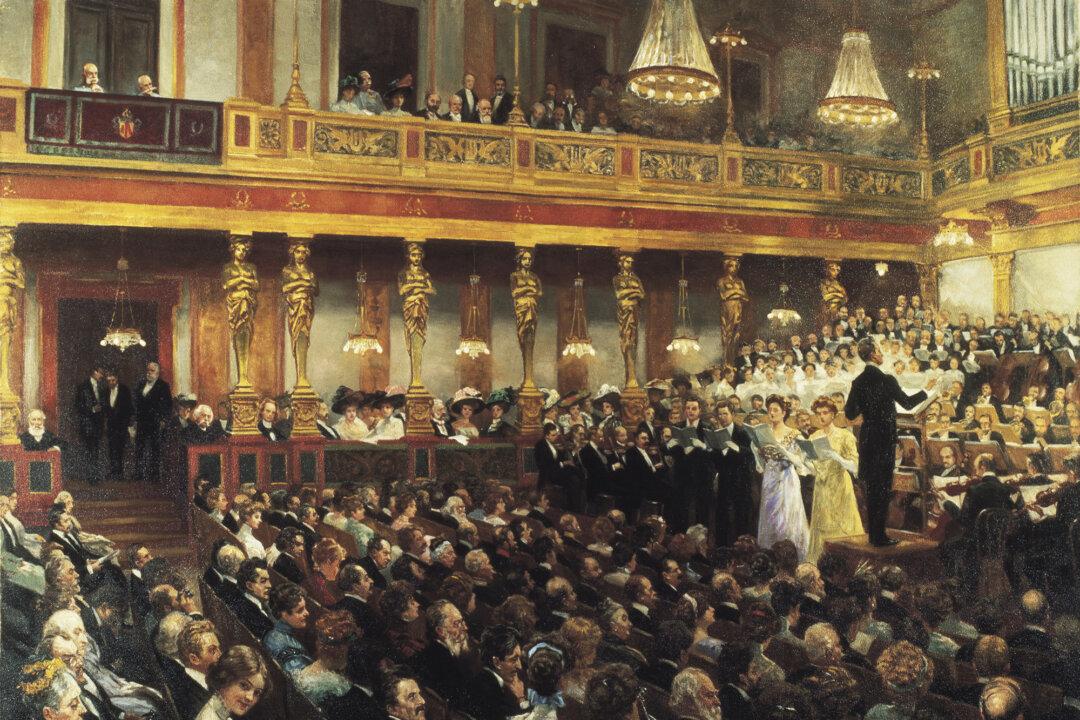One autumn, many years ago, I found myself a part of a children’s choir directed by a local music professor. Along with roughly 80 other children, I spent the weeks leading up to the holidays preparing for a Christmas concert, learning various singing techniques, while also memorizing the words to classic carols.
I knew the old standbys, of course, but this director introduced me to some unfamiliar carols from various eras and cultures, as did future choir directors whom I sang under as I progressed through my teens and early 20s. It wasn’t until years later, however, while listening to carol after carol play on the radio or a musical album, that I realized just what a repertoire of Christmas carol knowledge I had accumulated through those childhood choir experiences.






